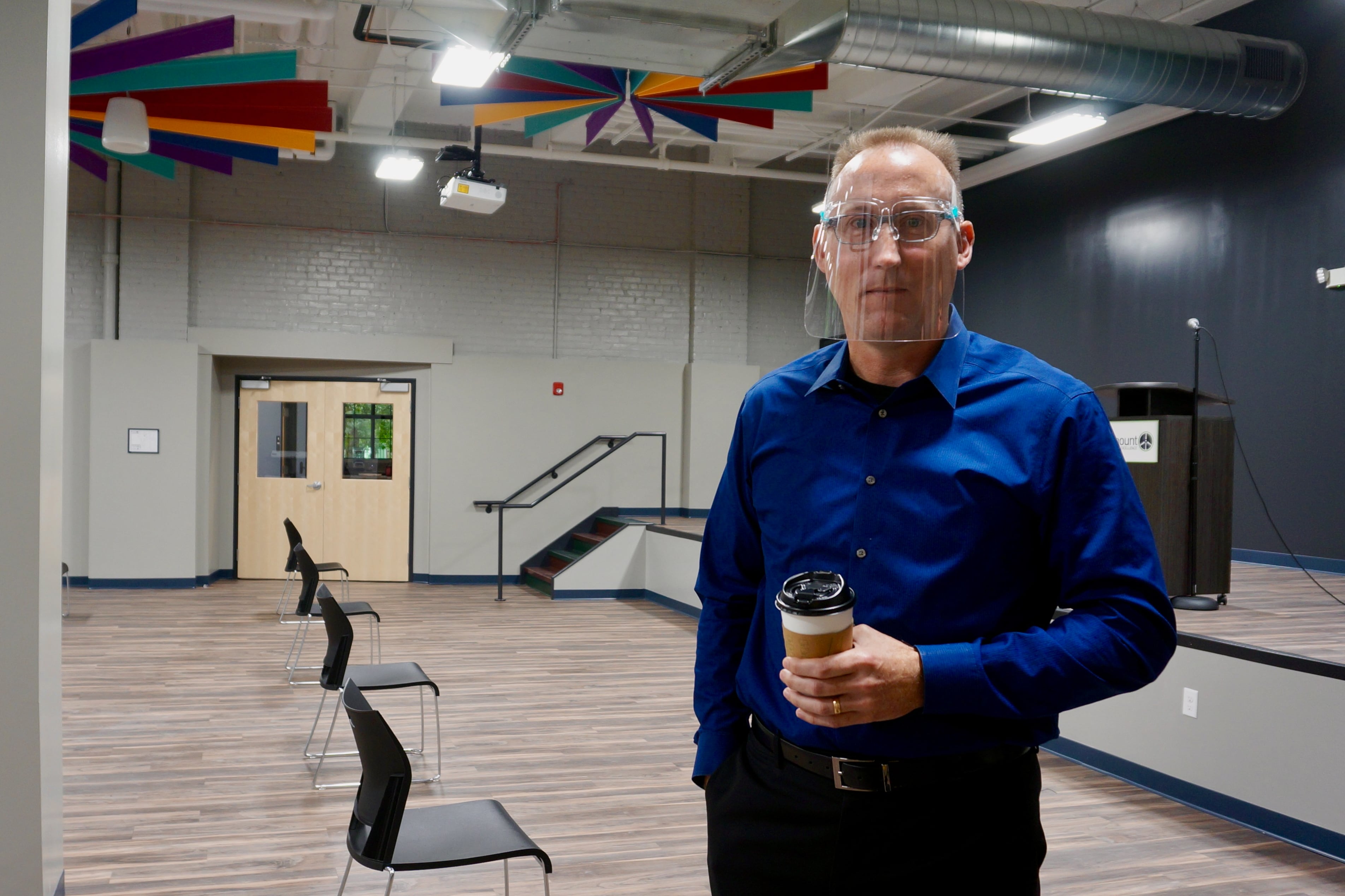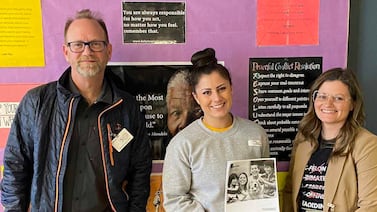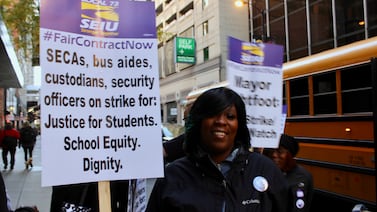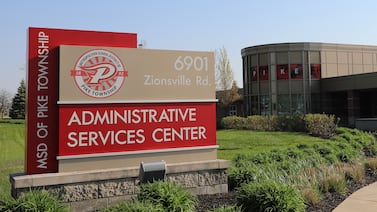A small Indianapolis charter network is seeking to open an entirely virtual school next academic year — and making a bet that many parents will want to keep their children at home for months to come.
Paramount School of Excellence, which has a reputation for strong test results, plans to model its first virtual school on its in-person campuses, with a maximum of about 550 students in kindergarten through eighth grades. Leaders say the plan responds to demand fueled by the coronavirus for virtual schooling that they anticipate could continue even if the pandemic recedes or a vaccine proves effective.
“This isn’t a choice that the education sector is making. This is a choice that parents are making,” said Tommy Reddicks, CEO of Paramount, which runs three schools on the near east side. “We can either tell our parents, ‘I’m sorry, we refuse to serve you in that manner. You can go look elsewhere.’
“Or we can try to create something that’s more responsible.”
Several new virtual programs have opened or are in the works in Indiana, including one from Phalen Leadership Academy, a fast-growing Indianapolis charter network that launched a virtual school this fall.
The new virtual schools could help transform online education by serving more diverse families. Typically, students in online schools are more likely to be white and less likely to come from low-income families than are their peers at other schools. For example, at Indiana Connections Academy, over 77% of the 5,000 students enrolled last year were white. Statewide, about 67% of students were white.
By contrast, both Phalen and Paramount are dedicated to improving results for low-income students and children of color. More than 75% of Paramount students, for example, come from low-income families, according to state data.
Phalen is known for overhauling struggling neighborhood schools, and it operates several campuses in a heavily Black community on the far east side of Indianapolis. In their charter application, Phalen leaders wrote that they “expect that many more parents of all races” will pursue virtual education because of COVID-19 and the disproportionate number of deaths the virus has caused in the Black community.
Education One, the charter office of Trine University, has authorized the Phalen charter and is considering Paramount’s request for a charter. (The Indianapolis mayor’s office, which oversees the other Paramount campuses, cannot authorize a virtual school under state law.)
These new virtual schools will test whether schools that have produced strong results for students in person can replicate their success for online students. Virtual schools typically have among the worst test results in the state.
Not that long ago, Reddicks of Paramount said he would have described virtual education as “unethical, immoral, and a money grab.” But the coronavirus forced him to rethink his views, and about half of Paramount students are currently enrolled in a virtual program offered because of COVID-19.
Educators at the school, which once shunned virtual instruction, are now dedicated to figuring out how to do it well.
Paramount tested students when it shifted to remote instruction in March and at the end of the semester, said Kyle Beauchamp, chief academic officer for the network.
“We had academic growth during that time that was very close to on par with the growth we typically see in the on-campus environment,” Beauchamp said. “We’re very excited about that trend.”
If Trine approves the charter request and the network launches the school next year, Paramount’s virtual program would mirror much of its in-person model, officials said, with similar curriculum, teacher training, and support for families. The planned school would have no more than about 30 students per teacher. Staff would work in an office at one of the Paramount campuses, where they would attend weekly meetings and work with other teachers in the network.
Students in the virtual school would also have some of the same opportunities as their peers attending school in person, such as getting tutoring, visiting the school’s farm, or joining the robotics team.








